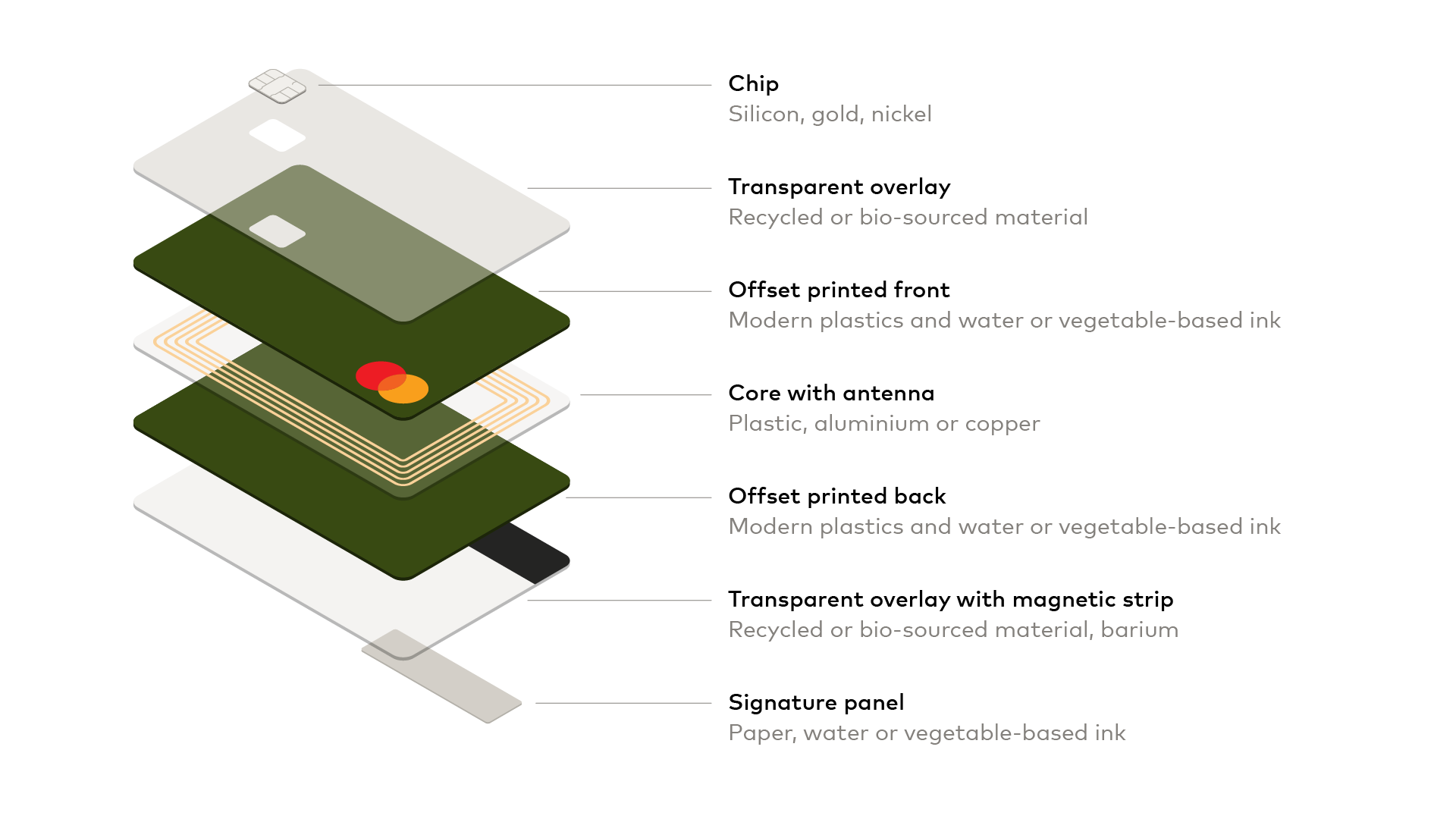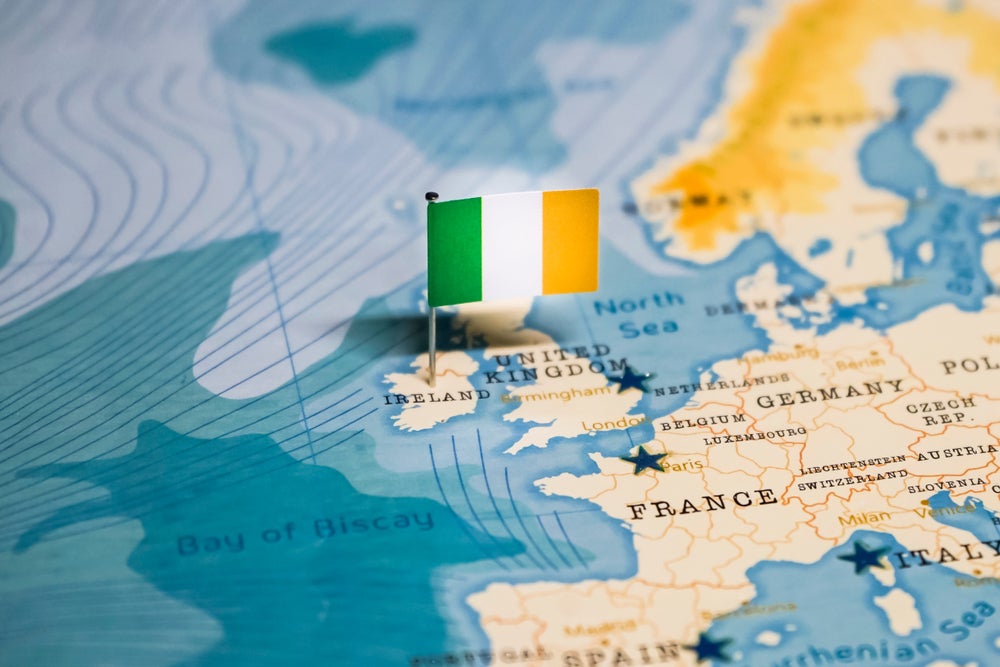Mastercard is accelerating efforts to remove first–use, PVC plastics from payment cards on its network by 2028. This initiative further reinforces the company’s sustainability commitments. Mastercard says that it scales the accessibility of more sustainable card offerings for consumers seeking a way to reduce the environmental impact of their wallet.
From 1 January 2028, all newly–produced Mastercard plastic payment cards will be made from more sustainable materials. This includes recycled or bio-sourced plastics such as rPVC, rPET, or PLA1 – and approved through a certification programme. Mastercard will support its global issuing partners through the transition away from virgin PVC.
“The world has a plastic problem. Solving it will be a whole-of-society task. Yet efforts are often taken in isolation or without coordination,” said Sandeep Malhotra, Executive VP, Products & Innovation, Asia Pacific, Mastercard.
Mastercard says that it is bringing its global network of banks, financial institutions and consumers – who collectively hold more than 3 billion Mastercard cards – together to build a greener payments sector through collaboration and partnership.
Mastercard Sustainable Card Programme: 330 issuers across 80 countries
Mastercard launched its Sustainable Card Program in 2018. Since then, over 330 issuers across 80 countries have voluntarily signed up. This includes 90 issuers in 15 markets across the Asia Pacific region. Since then, Mastercard has been working in partnership with major card manufacturers to transition more than 168 million cards across its network, including 31 million in the Asia Pacific region, to recycled and bio-based materials. Today’s announcement accelerates these efforts, while complementing the company’s work to deliver digital-first card programs that fully eliminate the need for a physical card.
The rule change will also see all newly made cards certified by Mastercard to assess their composition and sustainability claims. This certification will then be validated by an independent third-party auditor. Once a card has been validated it can be imprinted with a Card Eco Certification mark.
How well do you really know your competitors?
Access the most comprehensive Company Profiles on the market, powered by GlobalData. Save hours of research. Gain competitive edge.

Thank you!
Your download email will arrive shortly
Not ready to buy yet? Download a free sample
We are confident about the unique quality of our Company Profiles. However, we want you to make the most beneficial decision for your business, so we offer a free sample that you can download by submitting the below form
By GlobalData“Here in the Asia Pacific region, Mastercard’s issuer partners have been very receptive to this initiative. 90 customers are already opted into the sustainable cards program across Japan, Australia, Taiwan, Singapore, Malaysia and many other markets. This means their cardholders can proudly carry their card with the knowledge that it is made from sustainable forms of plastic. This holistic network connectivity is what makes this effort different and more effective,” added Malhotra.
In 2018, through Mastercard’s Digital Security Lab, the company launched the Greener Payments Partnership with card manufacturers Gemalto, Giesecke+Devrient and IDEMIA to reduce the use of first-use PVC plastic in card manufacturing. It launched the Mastercard Card Eco-Certification (“CEC”) scheme in 2021.
“Mastercard is committed to advancing climate action and reducing waste by driving our business toward net zero emissions and leveraging our network and scale to accelerate the transition to a low-carbon, regenerative economy,” said Ellen Jackowski, Chief Sustainability Officer for Mastercard.
HSBC issues recycled plastic payment cards across 28 markets
Taylan Turan, Group Head of Retail Banking and Strategy, Wealth and Personal Banking, HSBC, said: “Today’s announcement from Mastercard is a huge step for financial services. New sustainable materials, such as rPVC, offer our sector a clear way to accelerate its efforts to build a more sustainable future.
“As part of our net zero strategy at HSBC, we’ve already introduced recycled plastic payment cards across 28 of our global markets and embedded the requirement to use sustainable materials for all debit, credit and commercial cards in our product governance. This removes 85 tonnes of plastic that would have ended up in landfill. This level of impact couldn’t be achieved without strong partnership. I am so proud for us to be a part of a movement which is gathering momentum across the world.”








